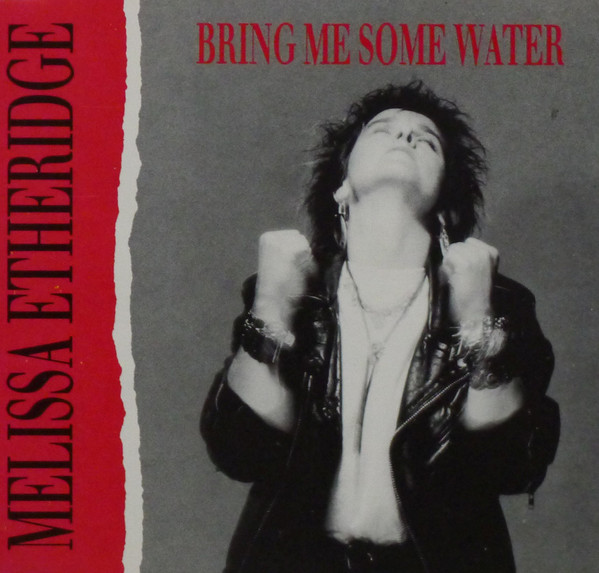The Power of Suggestion |
 |
Released: April 1988 Peak: -- Sales (in millions): -- Genre: neo prog rock |
Tracks: Click on a song title for lyrics.
All songs are produced, engineered, arranged, and written by Kevin Gilbert, copyright 1987 at The Recording Studio, Sunnyvale, California, during the winter of 1987. If you listen very carefully you can hear it raining between cuts. IT The Players:
|
Rating: 2.971 out of 5.00 (average of 9 ratings)
Awards: (Click on award to learn more). |
About the Album: Band member Chris Beveridge explains the origin of some of the songs: “There was a collection of songs left over from a few different projects: This Warm Night and World Just Gets Smaller from the earlier Giraf, Because of You and Imagemaker from a band Kevin, Scott and I previously had together and these tracks and a few others became the first CD.” CB “Given the time it was released, [The Power of Suggestion is] an interesting and worthwhile effort. The style is very much European sounding dance pop, with some progressive rock elements creeping in amongst the conventional structures, but only a little. Really it’s a Gilbert solo album, in that he played all the instruments as well as singing (The View from Here, which followed, has Giraffe expanding into more of a band). The vocals here are good, but with less of the sardonic expression characteristic of Gilbert's later work. The lyrics are better than average for this style and he proves his potential already both as a singer/songwriter and as a musician.” IT “What's most interesting is the inclusion of vocal phrases, picked up from various sources, in a way that…anticipates some of the later work of Porcupine Tree (both are probably influenced by Pink Floyd)…A cute example is the closing one, taken from Willy Wonka and the Chocolate Factory. ‘We are the music-makers and we are the dreamers of dreams.’” IT “Mostly though, these quotes tie into the loose theme of suggestion, with many sounding like they are from self-improvement tapes. The drum machines get a bit relentless in places and the music is sometimes a bit underworked and simplistic (more guitars and less keyboards might have broadened the sound) but, as a whole, it works and does include some fine songs. An indication of greater things to come.” IT Notes: It is assumed that the 11th Hour Mix of “Because of You” was not on the original release, but this is not known for sure. The Kevin Gilbert estate released the two Giraffe albums, The Power of Suggestion and The View from Here, in a set with a DVD which features a nine-song live set from the Gold Star Café at Mountain View, California on April 28, 1988. It also has an interview and the two songs they performed at the Yamaha Soundcheck National Finals at the Universal Ampitheatre in Los Angeles, California on September 16, 1988; an interview by Michelle Blaine with Kevin Gilbert; and video of the Band Explosion World Final at the Fuji Television Studio in Tokyo, Japan, from February 9-12, 1989. Finally, the DVD includes a video of “This Warm Night.” The set is available at PopPlusOne.com. |
Resources and Related Links:
First posted 4/2/2008; updated 6/5/2021. |









